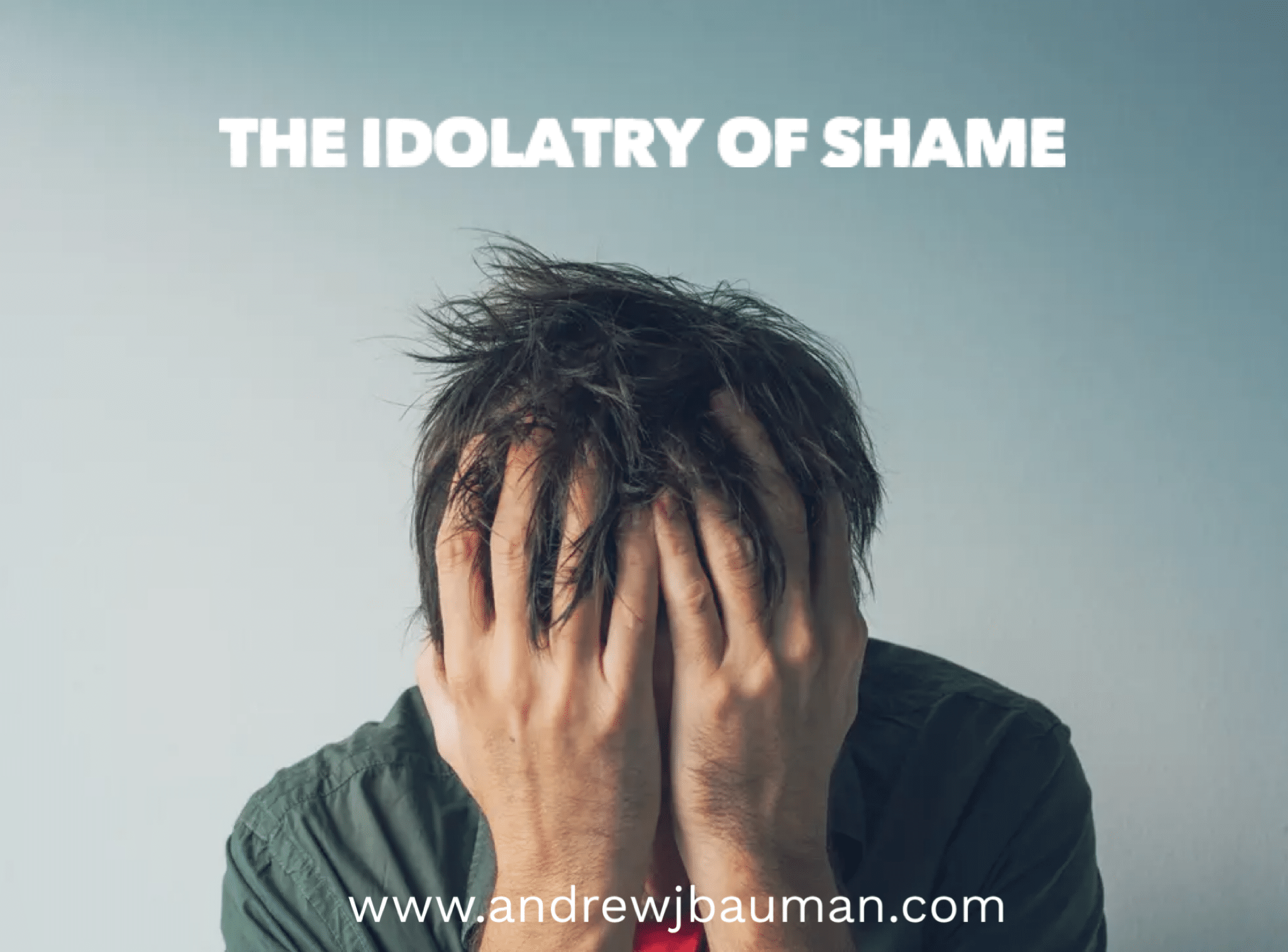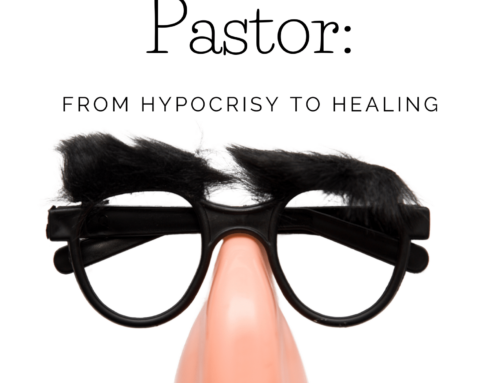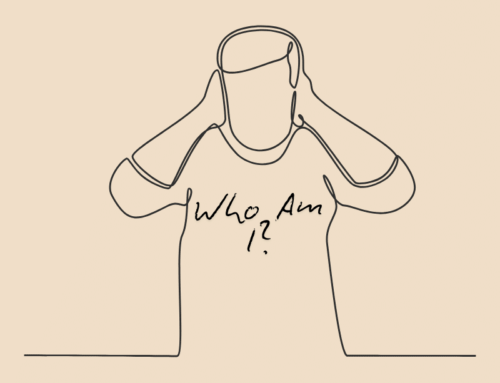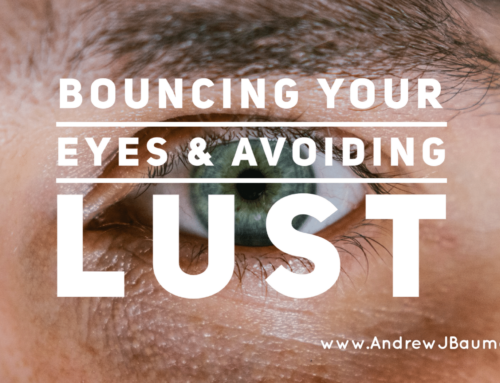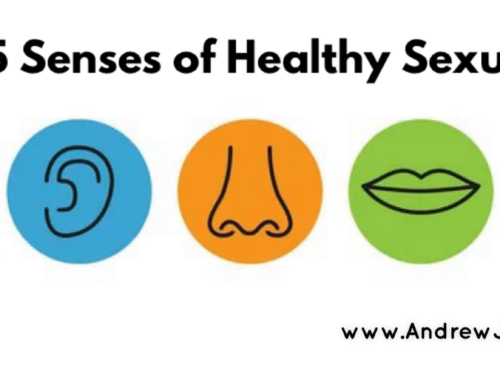Just as there is an idolatry of sex, I have seen a new idolatry arising—the idolatry of shame. Let me explain.
There seems to be an entire group of folks who are quite zealous to call out when they perceive you are “shaming” someone and/or eliciting shame by something you say or write. This shows up most for me in being a vocal anti-porn advocate or practicing anti-racism. This “You are shaming” response is so common that it feels like I am not permitted to even speak out against the exploitation and objectification of women in our society, or people of color that I see so often marginalized. Barna Group states, “Over 40 million Americans are regular visitors to porn sites and the average visit lasts 6 minutes and 29 seconds.” Why should I fear revealing shame to the very men who are using and exploiting women? Shouldn’t I fear the acts of exploitation and degradation that happen at such alarming rates? Sounds disturbing, doesn’t it? Protecting men that so desperately need to be exposed (with kindness), they must feel the weight of their violence, to stop pornography abuse, sexual exploitation, and sexist tropes that have become so commonplace. And yet, they must feel the weight of what they are participating in while being called to more integrity and honor. I was consulting with colleague Jessica Bahr about the difference between toxic shame and healthy shame, and she said, “Toxic shame brings humiliation and healthy shame brings humility. Humiliation will never bring change but only more acting-out behaviors.” Humility brings deep and lasting transformation and should be our goal in becoming thriving sexual beings.
Healthy shame can be used to liberate just as simply as toxic shame can be used to destroy. But shame as a category is not some huge scary boogeyman we must run from; I argue we must run towards it, make peace with it no matter the flavor of shame. We must know the difference between types of shame to know how to navigate it wisely. Dr. Robert Masters says, “The more room you make in your heart for your shame, the more able you’ll be to stay with your shame, separating what’s healthy in it from what’s unhealthy, making space for whatever action needs to be taken, be it to express remorse or to set a clear boundary with someone who’s putting you down.”
I have written extensively about the negative aspects of shame and the differences between shame and guilt here. But it’s vital to know during the process of healing that merely eradicating all shame cannot be our goal, rather using shame as an agent of grief rather than expediting relief. Another way to say this is feeling a healthy sense of shame is a part of the grieving process that leads us to restoration, i.e., humility. For example, a big part of my own healing was beginning to feel the weight of 13 years of pornography abuse and the objectification of women. Feeling the shame of my past sins led me to grief—grief for my actions and grief for those I harmed; this began to change the way I lived my life. Feeling shame is a part of moving beyond shame. I must understand who I was to help me define who I continue to be. Dr. Robert Masters goes on to say, “If we assign a totally negative connotation to shame, we will insufficiently attend to those situations where shame is entirely appropriate, as when we’ve hurt another and need to openly admit this, accessing enough remorse to voice a heartfelt ‘I’m sorry,’ along with a sincere attempt to make whatever amends are fitting.” Healthy shame brings an increased self-awareness, whereas toxic shame curses and ignites our self-contempt to do great and lasting harm. This study shows that toxic shame actually increases hypersexual behaviors while guilt (healthy shame) decreases it.
This form of toxic shame can contribute to terrible outcomes, like the recent evil and heinous Atlanta shootings. During a March 17th press conference, Captain Jay Baker said, “He apparently has an issue, what he considers a sex addiction, and sees these locations (the massage parlors) as something that allows him to go to these places and — it’s a temptation for him that he wanted to eliminate.” It is heartbreaking that he felt that this was his only option, rather than engaging his shame and developing a language around sexual health. As a church, we can do better in how we engage both sexuality and how we engage racism. Grace Kao states, “Asian American women have been viewed as exotic and feminine objects in U.S. mass media and suspected of prostitution from the earliest U.S. immigration restrictions.” Toxic theology easily leads to toxic and evil behavior. This is why this conversation about toxic and healthy shame is so important.
Like me, this Atlanta terrorist grew up Southern Baptist; this culture taught shame by the spoonful and what is now known as “purity culture.” I attended the True Love Waits rallies, the consistent sex-negative messaging, the complete lack of guidance from church leaders or parents around what healthy sexuality actually was. The message was basically, “Sex=Bad,” “Wait till marriage, and then it will be awesome.” No training, no skills, no healthy sex-positive ethics instilled; there was only silence, which reinforced the shame that was already in the air. (Side Note: I believe much of this shame from male pastors is a reflection of their own unaddressed issues with porn and their own unexamined sexuality, but that is a different article.)
When folks that grew up in “purity culture” mature and break away from these toxic messages, and finally find freedom from shame, they find out that sex is not bad! It feels like absolute liberation that you can feel genital pleasure without feeling dirty! Those of us who survived purity culture are returning to sexual liberation and loving our bodies for the first time! This is a good thing! The problem comes when this newfound awareness is taken to the other extreme, from toxic shame to that of shamelessness. Many folks who rebel against the aggrandizement of shame then begin to aggrandize shamelessness! I believe that neither extreme is the answer to entering into sexual healing and wholeness (I wrote about it here).
Years ago, anti-porn organization Fight the New Drug came out with t-shirts saying “Porn Kills Love” and then a few years later I saw a therapist friend of mine wearing a shirt that said, “Shame Kills Love.” Why is it an either/or and not a both/and? Why does it have to be black or white? Can we have conviction over sexual abuse, pornography abuse, and also not promote toxic shame to those who are trapped in this using sexuality in this way? Have compassion on their story and the why behind their addictive behaviors? (Side note: Having compassion for them does not mean staying in an intimate relationship with them if you are the betrayed spouse. Having compassion may look more like walking away and having healthy boundaries.)
You see, the Christian men and women that I work with have both; they have been shamed for their healthy sexual desires and have been gaslighted and abused sexually. Porn has been a part of that grooming to make women submit to sexual fetishes. I truly believe that a pornofied culture has led to a normalization of violence against women and misogyny and the church should be the place where this type of abuse is confronted.
Sadly, I have many concerns with therapists and many other of my progressive friends who are unwilling to wrestle with this tension and give a blanket “all desires are fine, as long as it doesn’t violate consent” and yet many desires that don’t violate consent, when acted upon, will not lead to health or goodness. Those are the same folks that advocate for “ethically sourced porn.” (Yes, apparently that is what they tell themselves, yet the irony is that there is no such thing as a safe nuclear bomb or a healthy Burger King triple whopper with cheese. Just because they put the word “ethical” in front does not make it beneficial or lead to healthy sexuality that is not based on objectification.) I can fully acknowledge that porn that is made with some higher standards is better than porn that is made through trafficking, violation of consent, or exploitation of minors. Yet, I still believe, at its foundation, it is about sexual exploitation and ultimately hurts women (making them objects to be devoured by the male gaze) and men (making them predators, unconsciously teaching them that women are there only for his pleasure). This sets up so many people for problems in how they relate to the world and to their sexuality.
“Not causing shame” is not my final most core value, but fully “engaging” the shame that is there is vital in helping my clients. Even our darkest desires have good aspects that are blessable in them that need to be explored and curious rather than judgmental.
It’s important to note that being anti-porn does not mean being anti-sex; it means anti-sexual exploitation and objectification. I am a strong believer in blessing our body and genitals (as I wrote about here) and creating a beautiful sex-positive message that is not okay with toxic shame. I am committed to helping folks who are stuck and harmed by sexual shame and also helping lead them into robust sexuality that makes peace with pleasure. What does it mean to genuinely bless someone’s sexuality, while holding the good and the bad in tension? Both can coexist. I hope we can hold this tension with honor, rather than just needing to give blanket approval of all desires and behaviors, and without condemning and judging those who are seeking sexual liberation and wholeness.
I want to give a special thank you to relationship coach and anti-porn advocate, Jessica Bahr, and therapist Tim Courtois for consulting with me about these concepts. Please check out their work above.
